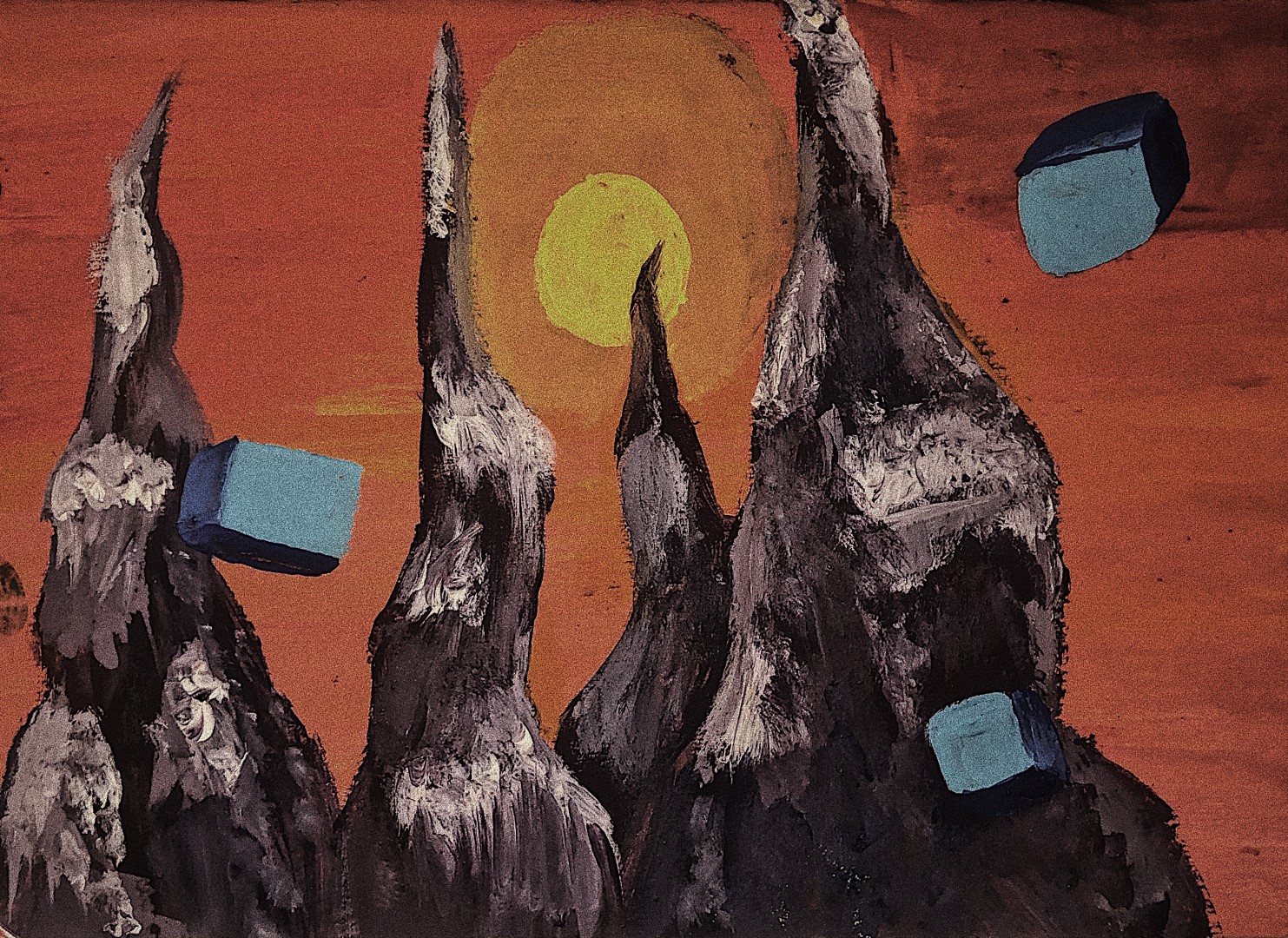
Ancient Chinese form of authentic spontaneity
By Morgan Hannah, Life & Style Editor
To experience wu-wei would be to feel a deep immersion in life or creativity—the point at which you forget about time and physical needs such as hunger.
There’s something to be said about making a plan and ironing out all the steps along the way, but it’s not always the ideal approach to getting things done. You see, when you try to organize every aspect of your life, you’ll find yourself overworked and disappointed when things inevitably don’t play out the way you anticipated, or rather, planned.
In his book, Trying Not To Try, Edward Slingerland talks about how “we too often devote ourselves to pushing harder or moving faster in areas of our life where effort and striving are, in fact, profoundly counterproductive.” If we gave in a little bit to the idea of spontaneity or flow we’d find ourselves achieving our goals much easier.
People often struggle to obtain broad states of being, such as happiness and spontaneity, which means they’re likely trying too hard to be spontaneous—seems like a paradox, doesn’t it? There’s an ancient Chinese concept that Slingerland elaborates in his book, called wu-wei (pronounced oooo-way). Wu-wei means “no trying” or “no doing,” but it isn’t about apathy or negligence. “[Wu-wei] refers to the dynamic, effortless, and unselfconscious state of mind of a person who is optimally active and effective. People in wu-wei feel as if they are doing nothing, while at the same time they might be creating a brilliant work of art, smoothly negotiating a complex social situation, or even bringing the entire world into harmonious order” explains Slingerland. To experience wu-wei would be to feel a deep immersion in life or creativity—the point at which you forget about time and physical needs such as hunger.
To achieve wu-wei, you need to let go. You have to be open to the possibility of nothing happening, which is easier said than done—especially in our busy, loud, hectic lives. But spontaneity is hard to fake, and therefore we are drawn to people who possess this authentic skill. Western culture teaches us to be disembodied and alone but learning wu-wei will not only allow us to be more authentic, peaceful versions of ourselves, it will also empower us to achieve our goals in an effortless, spontaneous fashion. Slingerland puts it best when he says, “We have been taught to believe that the best way to achieve our goals is to reason about them carefully and strive consciously to reach them. Unfortunately, in many areas of life this is terrible advice. Many desirable states—happiness, attractiveness, spontaneity—are best pursued indirectly, and conscious thought and effortful striving can actually interfere with their attainment.” For example, when I think about my personal success as a writer and an artist, I tend to plan and overanalyze, and that leads to a lot of talk and little action; the result is often disappointment which only furthers my lack of success. But if I let go of the idea of success and just write or create art simply because I enjoy writing and being creative, then I will find that I have become successful: this is a simple form of wu-wei.
Wu-wei, or the art of trying not to try, isn’t advocacy for resignation and laziness. Instead, it is mindful growth of tendencies in ourselves that yield results, behaviours, and qualities we wish to pin down for the long run. Slingerland says it almost poetically in his book, “You can cultivate your sprouts: try to identify incipient tendencies of desirable behaviour within you, and then nurture and expand them until they are strong enough to take over. Or you can just go with the flow: forget about trying, forget about not trying, and just let the values that you want to embrace pick you up and carry you along.”